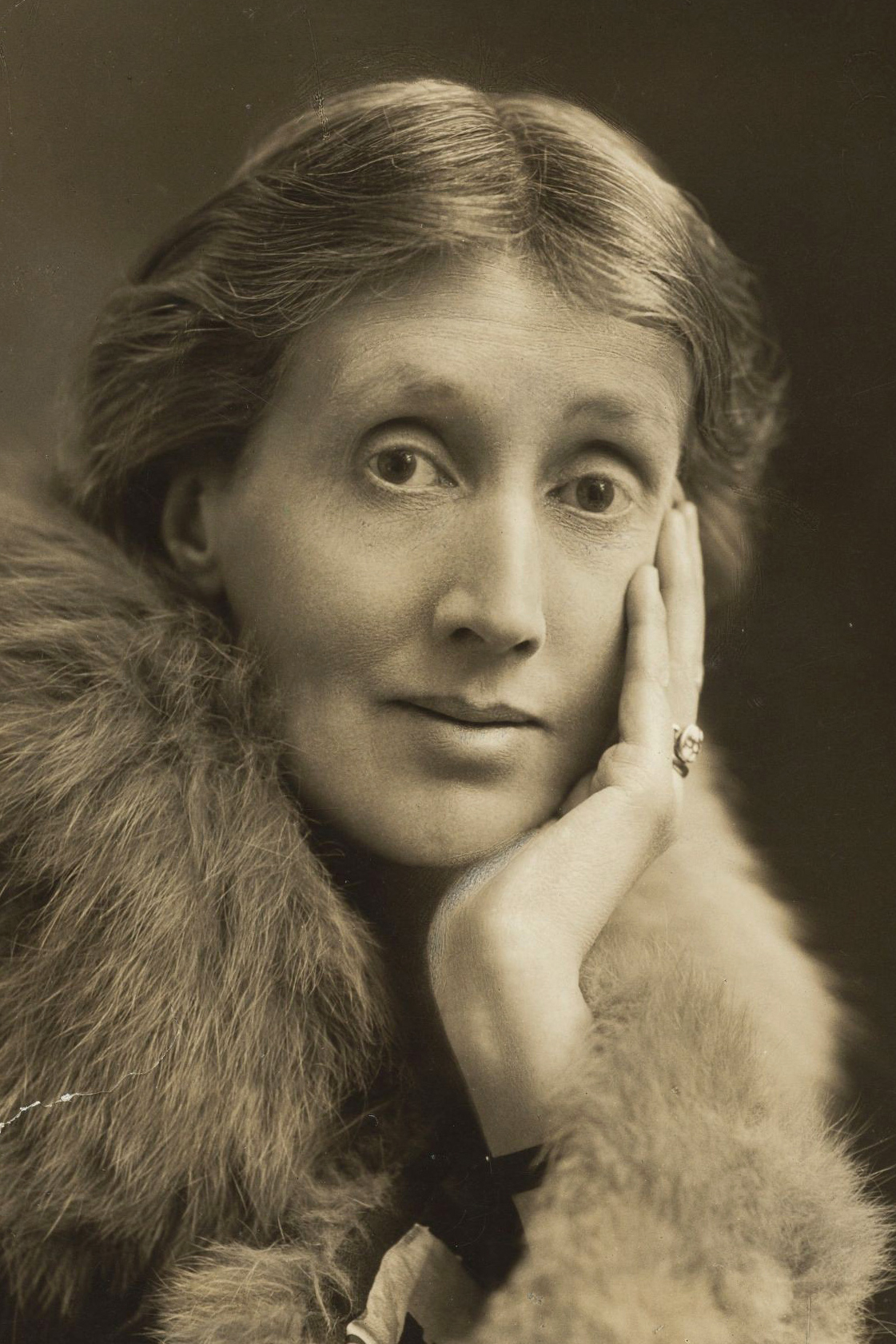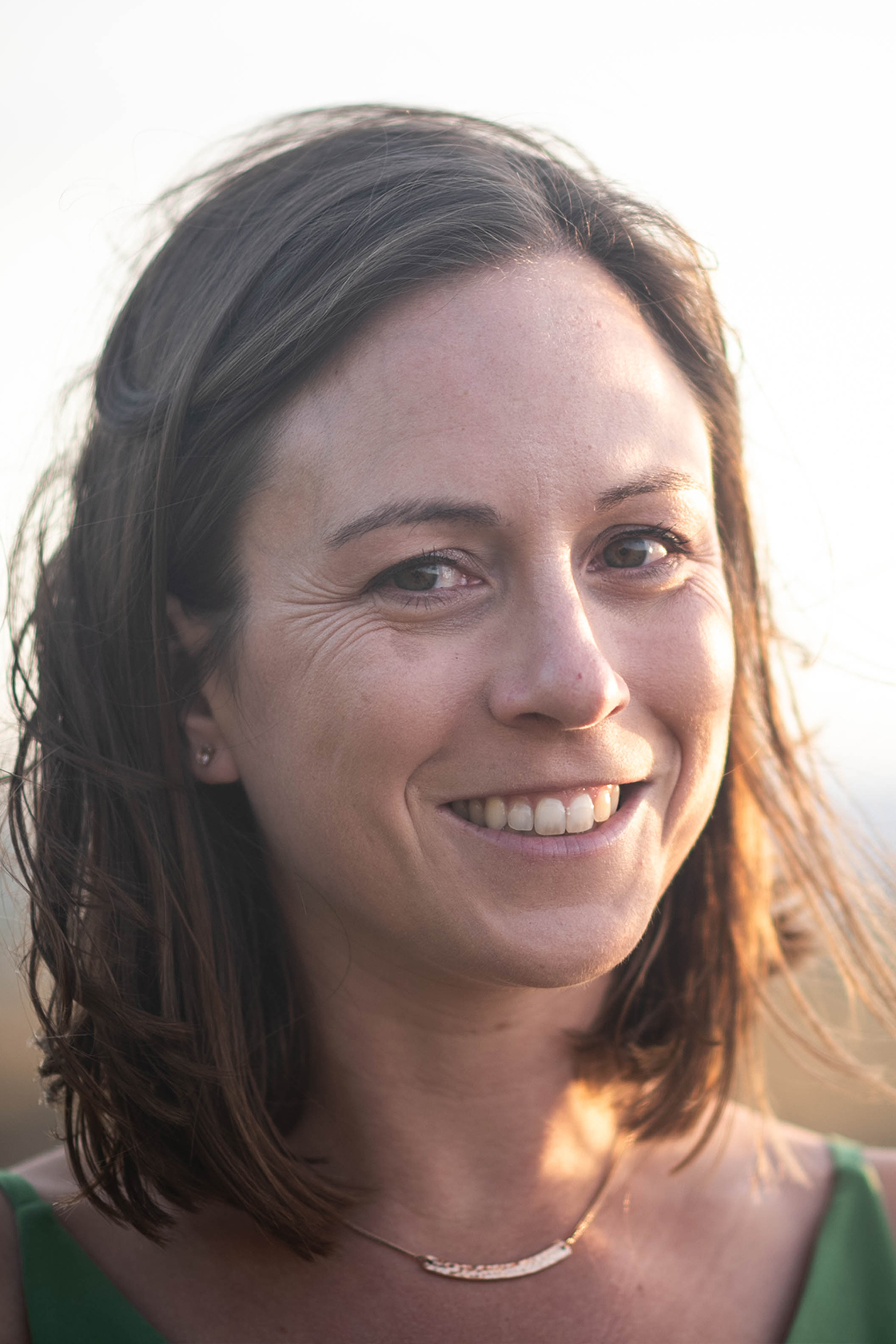“A woman must have money and a room of her own if she is to write fiction,” Virginia Woolf famously wrote in one of her most influential essays, A Room Of One’s Own. Besides being a foundational text in modern feminism, this wonderfully intelligent and insightful essay is also highly imaginative, inventing the fictitious character Judith Shakespeare, sister of William, to serve emblematically for how women have been blocked from intellectual and creative outlets by patriarchal social attitudes and effectively silenced from history.
For Adelaide composer, Anne Cawrse, Woolf’s essay came as a
revelation. It had been gathering dust for a long time in her bookshelf at
home, but she started reading it before an opportunity came up to write her
first major string quartet, thanks to a commission from the Australian String
Quartet. She said it all rang completely true – that this 90-year-old piece of
writing was describing a world that still in very large part exists today.
Immediately she decided to base her new work on that essay, and give it the
same title.
“I
think Virginia Woolf’s text has a lot to say about the requirements of
creativity and the connections with self and opportunity. That’s something I am
very interested in drawing out in some way in my piece,” Cawrse says. “I had
just started reading it, so that’s where my head was at, and I thought well,
what better standpoint to base a major work on than on this text that has meant
a great deal to many people for many years, and which I found quite incredibly
eye-opening and relevant for how I am feeling about being a creative woman –
what that looks like, and balancing all the aspects of life and creativity.”
 Virginia Woolf c. 1927
Virginia Woolf c. 1927
 Anne Cawrse
Anne Cawrse
A Room Of Her Own which Cawrse describes as, “an intimate and personal exploration of my own experiences in being a female composer in the 21st century”, will be unveiled on 25 May next year as part of the ASQ’s 2020 program. The group’s four players might be in for a surprise too, because at various points in the work they will be required to move around on stage and play crotales – small discs of brass tuned to a scale – with their bows. Having pulled off George Crumb’s Black Angels with great panache at the 2014 Adelaide Festival, with its call for vocalisations and percussion instruments, one feels sure they will manage.
Cawrse,
incidentally, does have a room of her own in which to compose. It’s not always
a place of solitude, she says. “But when I’m in it composing music I try to
make it quiet. When I’m bashing the notes out and trying to wrench a piece into
some sort of shape; I respond much better when I do have my own space to do
that.”
She
contends, though, that Woolf is not just talking about physical space: she is
commenting on social attitudes and artists’ standing as professional people. “I
remember reading the essay and just thinking ‘Oh my goodness, I didn’t realise
it had two aspects to it’. I knew this concept of having space, but the money
bit floored me – she says a woman must have money and a room of her own
if she wants to write fiction.
 Australian String Quartet: Stephen King, Sharon Grigoryan, Dale Barltrop and Francesca Hiew
Australian String Quartet: Stephen King, Sharon Grigoryan, Dale Barltrop and Francesca Hiew
“Every
contemporary composer has to think of creative ways to fund their work and get
played. On top of that, there are some very strong affiliations in people’s
minds about what classical music is. So when I’m meeting someone and they ask
what I do and I tell them I’m a composer, their second question often is, ‘Does
that mean that you write music like Beethoven, or do you sound like Mozart?’
They can be really thrown when they see that not only are you alive, but you
are also a woman.
“For
me as a composer, what I’m wanting to do is to speak to people through music,
and so the sound of what I’m creating and how that speaks to people is the most
important part of my job. I made a very conscious decision a number of years
ago to identify myself as a composer first and foremost, and as a teacher
second. At the forefront of my mind is the financial inequality of what it is
to be a composer, that you can’t rely wholly on compositions to pay your
mortgage and eat. If more people were aware of that, maybe there could be a
shift in that space.”
For Stephen King, the ASQ’s violist, Cawrses’ A Room Of Her Own highlights both literally and figuratively to the situation facing women composers, plus the fact that in the string quartet repertoire they are vastly outnumbered by their male counterparts. His group has worked hard to address that, he says, and that includes championing Cawrse once before in a smaller work she composed in 2015, Skittled. “It was a great piece of music,” he says. “We just loved how she brings out all sorts of moods and concepts in her music.
“We’ve also performed works from Fanny Mendelssohn right through
to Helena Winkelman’s Papa Haydn’s Parrot, which is an amazing work by
this contemporary Swiss composer. Over history of course there have been more
male composers who have written quartets, but our view is that anybody has
their part to play in creation. I think that’s how art is.”
The ASQ’s continued blazing rate of activity illustrates that
outlook well. Their ‘Quartet and Country’ touring project, the fruit of a
collaboration between Ukaria Foundation, Port Fairy Spring Music Festival and
composer Iain Grandage, saw them present works by six First Nation composers:
three female and three male. That project culminates next year by pairing
Beethoven’s six Opus 18 quartets with more First Nation compositions – part of
a cluster of ASQ concerts that mark the 250th birthday of Beethoven next year.
“It’s kind of nice to put traditional works besides modern,” remarks King.
Also to look forward to in 2020 will be Konstantin Shamray joining
the ASQ in Dvořák’s Piano Quintet in A major, in the same concert as
Cawrse’s new piece, their premiering of Ross Edwards’ latest string quartet,
and a fascinating adventure in the Adelaide Fringe named ‘Project Ludwig’. In
this, the audience votes for its favourite movements from Beethoven’s Opus 18
quartets and gets to hear them played in the order of most votes.
Coming up right now, on 2 November, is their collaboration with singer Katie Noonan in the poetry of Oodgeroo Noonuccal. Her poems will be read by her great granddaughter Kaleenah Edwards in the language of her country in Queensland, and there will be responses to them by 10 Australian composers including Carl Vine, Elena Kats Chernin, Richard Tognetti and Noonan herself. “It keeps a language and culture alive, which is a wonderful thing given how so many Indigenous languages have been lost,” King says.
“Each composer has taken quite a different approach on the poems, and throughout as singer Katie Noonan is a unifying factor. Her title track, The Glad Tomorrow, is a song of hope – it’s a beautiful and exciting project.”
2 November
Related Article
Katie Noonan on gratitude, grief and Leunig
Get the latest from The Adelaide Review in your inbox
Get the latest from The Adelaide Review in your inbox